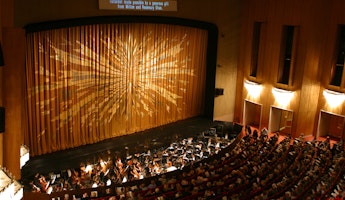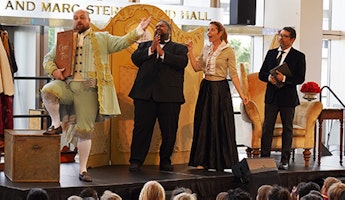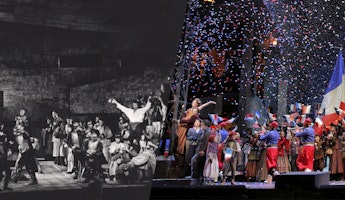Blog
October 14, 2021
The Controversy of Richard Wagner
It’s been eight years since Richard Wagner’s work last appeared on our stage. As we prepare for the highly anticipated opening of Tannhäuser, we can’t ignore the history and truth surrounding one of the most prominent (and controversial) composers in opera, and the implications that follow in staging his work.
While Wagner is considered one of the most important and influential of all composers, he is also rightly reviled as having been an overt anti-Semite. Wagner’s writings on the subject percolated into German politics and popular culture and, decades after the composer’s death, were thought by many to inspire Adolph Hitler and the Third Reich.
It is not our intention to block out this abhorrent truth about the composer during this production, pretending that separating the man from the art is enough. We perform his work observing its aesthetic influence and its centrality to the operatic repertoire, while fully acknowledging the moral issues that implicitly come with it. We continue to commit to exploring, discussing and bringing to light these issues.
In fact, now is an even more important time than ever to confront truths about our history and our past. It is time to let oppressed and marginalized groups know that we hear you, we see you and we stand with you against injustice.
We previously explored in depth during the Ring Festival that accompanied the 2010 staging of the Ring cycle. If you’re interested, we encourage you to watch the video of a panel hosted at The Hammer Museum featuring Leon Botstein (President of Bard College and music director and principal conductor of the American Symphony Orchestra), David J. Levin (University of Chicago), Kenneth Reinhard (UCLA), and Marc A. Weiner (author of Richard Wagner and the Anti-Semitic Imagination and Professor of Germanic Studies at Indiana University) in a discussion of the composer, his politics and his music.








/03-cosi/_dsc0996_pr.jpg?format=auto&fit=crop&w=345&h=200&auto=format)















